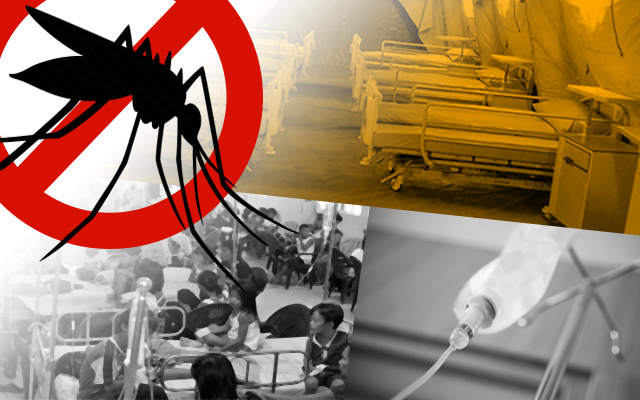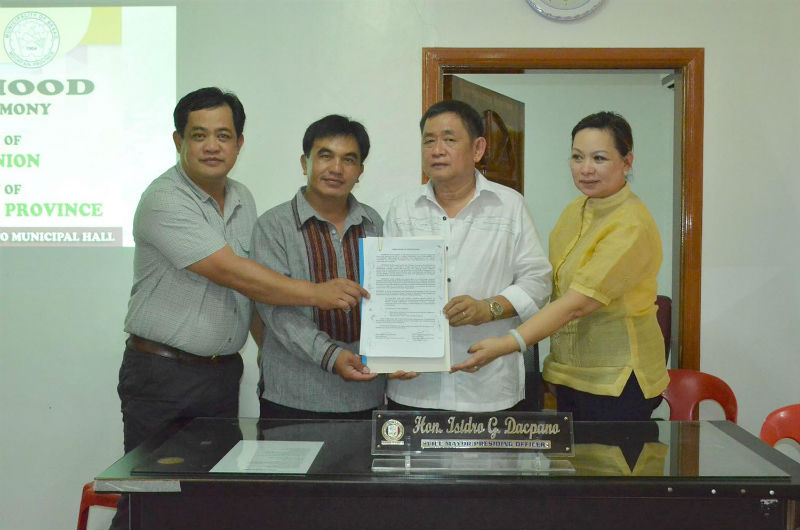BAGUIO CITY – The Cordillera office of the Department of Health (DOH-CAR) disclosed dengue fever cases in the region dropped by a whopping 71percent from the 1,396 cases for the first 16 weeks of 2016 compared to the only 401 cases for the same period this year.
Geeny Anne I. Austria of the DOH-CAR’s regional epidemiology and surveillance unit (RESU) said the number of deaths due to dengue also dropped to only 1 for the first 16 weeks of this year compared to 5 for the same period last year.
She claimed cases were from Kalinga with 152 cases which is lower by 37.9 percent compared to the same period last year; Benguet 69 dengue cases, 17.2 percent lower than the number of cases recorded during the same period last year; Apayao that tallied 58 cases or lower by 14.5 percent compared to the previous figures; Baguio City with 42 cases or 10.5 percent lower than the previous recorded cases for the same period; Abra with 22 cases or 5.5 percent lower than the number of cases for the similar period; Mountain Province which registered 13 dengue fever cases or 3.2 percent lower than the previous year; Ifugao with recorded 12 cases or 3 percent lower, and non-CAR provinces which had 33 cases or 8.2 percent lower than the same period last year.
Austria revealed males were the most affected individuals with 253 cases representing 63.1 percent of the total number of recorded dengue fever cases region-wide; ages of patients ranged from at 6 months to 92 years old with a median of 21 years old.
The DOH-CAR official explained there was clustering of dengue cases were noted in some parts of the region and this occurs when in a certain barangay there are three dengue cases successively recorded by health workers within a span of four weeks, warranting a close watch of the area by health authorities.
Among the barangays where there were reported clustering include Tabio in Mankayan, Benguet wherein cases in morbidity weeks 13, 14 and 15 reportedly went above the epidemic threshold.
She asserted dengue fever is caused by any of the 4 serotypes of dengue virus and that all strains are present in the region.
The viral disease is transmitted by the day-biting mosquito Aedes which usually breeds in clear and stagnant water inside and outside houses.
Health authorities urged the public to remain vigilant on the sudden surge in the number of dengue cases in their villages as dengue now occurs after having been a cyclical illness over the past several years.
Austria reminded the public to always keep their houses and their backyards free from clear and stagnant water to prevent the female mosquito from multiplying and spreading the dreaded illness to the neighbourhood as cleanliness is one way of getting rid of the dengue-carrying mosquito.
The health department constantly provides the public with updates on the number of dengue cases recorded in the different parts of the region to remind them of the need to observe proper hygiene for a healthy life. By HENT















